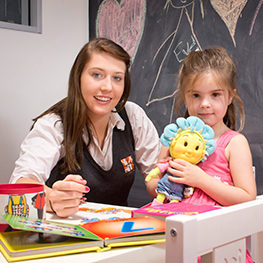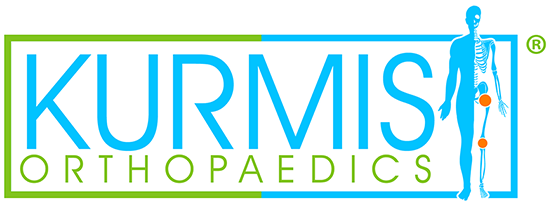Autism Spectrum Disorder (ASD) is a neurodevelopmental disorder that impacts how an individual thinks, feels, interacts with others, and experiences their environment. Every autistic individual will have a different combination of strengths and challenges.
How common are movement difficulties in autistic children?
It is an outdated thought that ASD does not affect a child’s gross motor skills. Learning new movements relies on being able to process sensory information, understand and respond to verbal and non-verbal communication, and effectively plan, problem-solve and adapt to changes. These are all skills that autistic children typically have difficulty with.
Research has found that 87% of autistic children aged 5-15 years present with movement difficulties (Bhat 2020).
Research is now also suggesting that gross motor delays during early childhood may actually be an early marker for ASD, before more diagnostically specific signs develop, like communication difficulties (Harris 2017).
Gross motor skills play a significant role in social participation for school-aged children as many formal activities (eg. PE class, sports day), informal activities (eg. play at recess and lunch), and out-of-school recreation (eg. social gatherings) often have active components at this age.
























